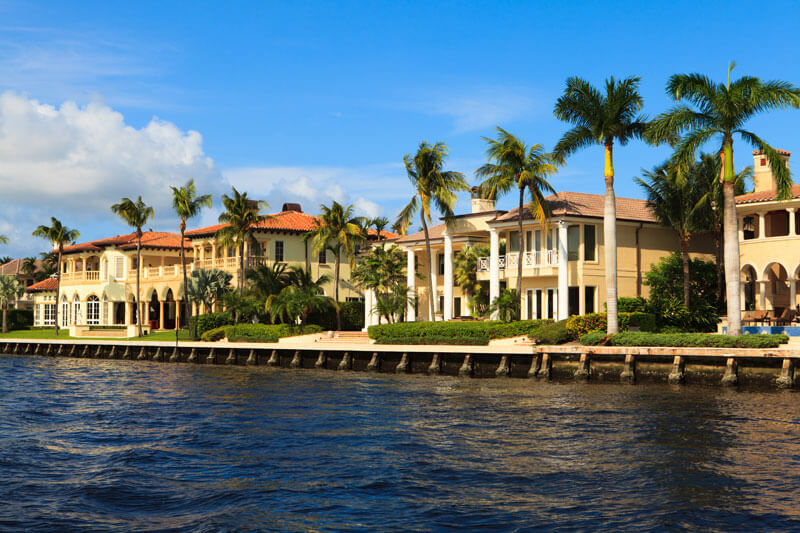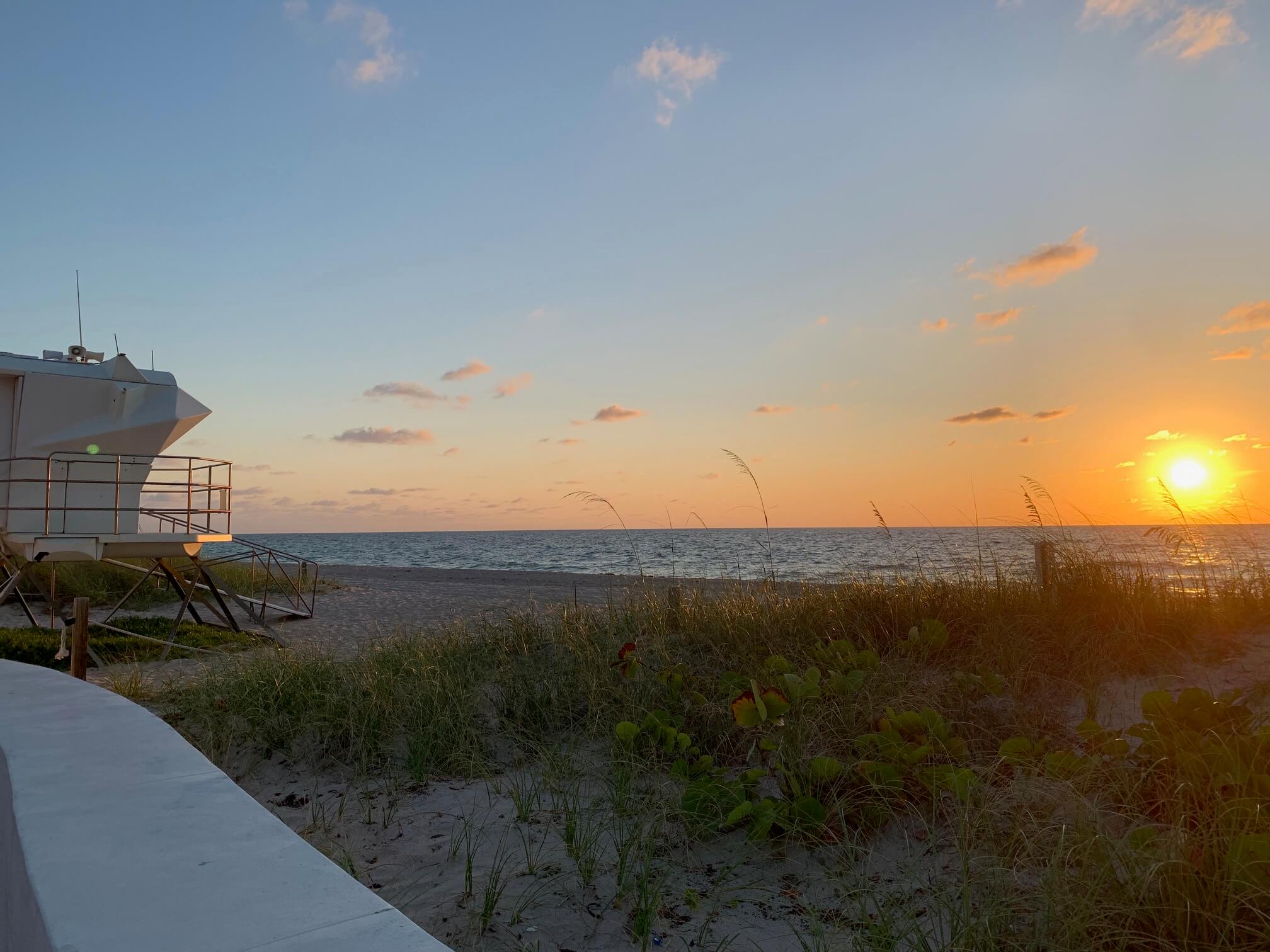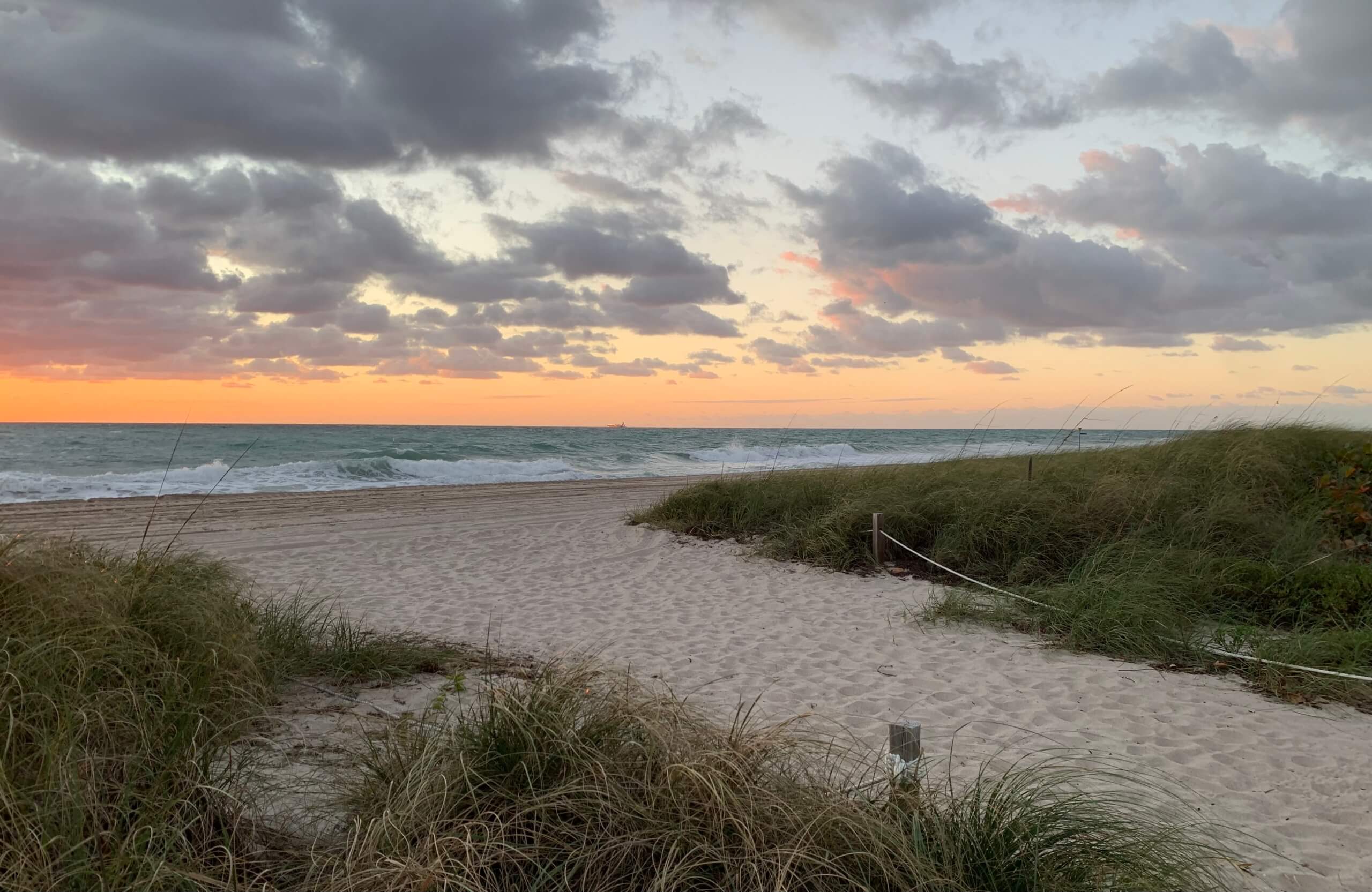6 Things Homeowners Overlook and How to Pay for Them

Most people these days have a good idea of the basic things that are required for purchasing a home. As it is one of the larger purchases that you will make, it is clear that you will need to have a good amount of funds set aside for your down payment and upfront closing costs. However, aside from this there are other expenses that one will encounter when they buy a home yet not everyone takes these into consideration. Here are some additional items to keep in mind when you embark on a home purchase.
Homeowner Association Fees – Whenever you buy a condo or home within a planned community there will be regular fees to maintain common areas. In condo and townhome complexes you will see “HOA” fees being charged on a monthly or quarterly basis. Be sure to factor these into your monthly expenses on top of what your mortgage will be.
Property Tax – Property tax is inevitable and rarely ever decreases. Typically this will be paid by your lender and built into your monthly mortgage payment. Keep in mind that taxes are paid in arrears and the first year you live in the home you will pay the amount the seller was paying. These are likely to increase the following year depending on what you paid for the home.
Insurance – Much like property tax, insurance will also be paid by your lender and built into your monthly payment. Shop around with insurance agents and find a policy that has the right coverage for you. Look into flood insurance quotes as well as in some locations this will be required as an additional policy.
Repairs/Maintenance – Pay close attention to your home inspection as this report can be a helpful tool to project some of your repair costs. Anything that stands out as being in need of repair now or soon should come up. It is best to have some money on hand as some things can happen that aren’t even seen or expected in the home inspection.
Pests – Regular extermination and preventative measures are common for pests. Especially in South Florida, treatment for wood damaging termites and other bugs is typically a regular expense to factor in.
Rainy Day Fund – While all of these things can be expected, sometimes things will occur that weren’t. It could be an appliance, irrigation pump or similar that is working properly and one day breaks and needs repair or replacement. These things can be expensive so keeping money aside is a wise idea. Making sure that your home is well maintained will also benefit you when the day comes for you to sell it. The last thing you want is to have to make numerous repairs at that time for one large expense.





